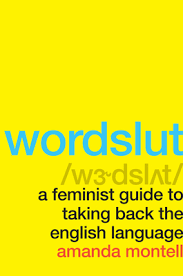I am back to reading books and that means *drum roll*, another book review (this is keeping up with my resolutions). I am going to discuss Wordslut: a feminist guide to taking back the English language by Amanda Montell in this blog post.
Before we move on, I use an audiobook app called Scribd. If you would like to sign up, you can use my link and get 60 days free. Click the link below:
https://www.scribd.com/g/927ni1
I am going to talk about what stood out to me when reading this book.

MEANING OF LINGUISTICS
I know this is odd but for some reason, I didn’t know linguistics had to do with the study of language and its structure. My mind was stuck as linguistics being knowing many languages. This book changed that. I think she knows this is a popular misconception, seeing as she addressed this early on.
HISTORY OF ENGLISH
I enjoyed listening to the evolution of the English language. From old English to the modifications of English for the printing press revolution.
MALENESS AS THE DEFAULT
When she said maleness was seen as the default, I was like “Slow down madam”. Then she mentioned how man and person are unintentionally seen as synonymous. I hated that I immediately thought of man when she said, person. This book made me realize how much I immediately think of men in situations that aren’t gendered.
GENDERED INSULTS
I found her discussion on gendered insults fascinating especially how feminine words are used to insult both men and women. Example sissy, pussy, even woman, etc. I also learned about Pejoration and Amelioration.
What is Pejoration?
A historical process by which the semantic and connotative status of a word tends to decline
What is Amelioration?
The act of making something better
She discussed how a lot of gendered insults came through pejoration. For Example, sissy used to mean sister but now it signifies weakness (in a man usually). Now, she did note that some male insults pejorate eg dick but a lot of our insults are both gendered and pejorated.
GENDER IDENTITY AND LANGUAGE
I do disagree with some points that she made but I did find it fascinating to read about different cultures and their relationship with gender identity. Also, showed how the study/knowledge of gender identity by mentioning Magnus Hirschfeld. Magnus Hirschfeld was a German physician and sexologist who studied homosexuality, gender identity, etc at around 1919. He was beaten and kinda chased out of Germany when the Nazis came to power.
HOW WOMEN TALK TO EACH OTHER WHEN MEN AREN’T AROUND
She highlighted that women speak differently among themselves when men aren’t present. For example how soft edging may not be a sign of uncertainty and lack of confidence. It may be a way to build empathy and connection.
Also, love how she explained gossip isn’t a women’s thing. Using the example of Donald Trump’s infamous “grab them by the pussy audio” is like locker room talk which is basically gossip. She talked about Deborah Cameron breakdown of gossip, which states:
- To circulate personal information in other to keep members of a social group in the know.
- Bond with one another by establishing the gossipers as an “in-group”.
- To affirm the group’s commitment to certain values or norms.
Using that framework shows how and why gossip isn’t a “woman’s thing”.
GENDERED NOUNS AND LANGUAGE
This book showed different languages and their use of gendered nouns. We have languages like French where a lot of things are gendered and we have languages like Yoruba that don’t really emphasize gendered nouns.
Now, I am a Yoruba woman and I didn’t realize how much context is required to know the gender until I read this book.
Wordslut was a funny and informative book and I definitely recommend it. I am now obsessed with Amanda Montell because of wordslut that I am going to read her other book.

